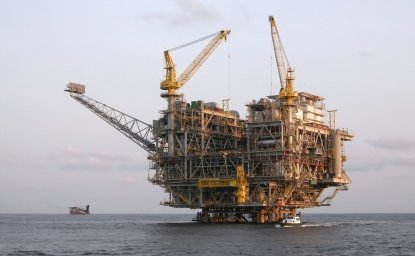A New Beginning for Mexican Oil


Based on the collaborative work of a high-‐level group of Mexican energy experts during the first half of 2012, this report focuses on the issues facing Mexico’s hydrocarbons sector and the most important principles that must underlie the forthcoming reform of the country’s oil and gas industry. Although multiple diagnoses of the sector exist, in recent years there has been no fundamental examination of the principles that should underlie the nation’s energy policy.
Between February and July of 2012, a diverse group of academics, analysts and energy industry representatives met under the auspices of a program sponsored by the Woodrow Wilson International Center for Scholars and the Instituto Tecnológico Autónomo de México to discuss the future of the Mexican hydrocarbons sector and to examine the fundamental energy requirements of the Mexican economy, as well as the role of the National Oil Company, Petróleos Mexicanos (Pemex) and other possible actors in the sector. Rather than engage in an exhaustive but repetitive diagnosis of the multiple challenges of the oil and gas sector in Mexico, the group was determined to go beyond these failings and to propose a set of guiding principles for a national energy policy, principles that will guide Mexico’s political elites towards a successful and sustainable hydrocarbons future that will guarantee energy security and contribute to the development of the national economy.
Author


Mexico Institute
The Mexico Institute seeks to improve understanding, communication, and cooperation between Mexico and the United States by promoting original research, encouraging public discussion, and proposing policy options for enhancing the bilateral relationship. A binational Advisory Board, chaired by Luis Téllez and Earl Anthony Wayne, oversees the work of the Mexico Institute. Read more

Explore More
Browse Insights & Analysis
La esencia de la infraestructura global: perspectivas del líder de la industria Matt Harris

Debunking the Patient Capital Myth: The Reality of China’s Resource-Backed Lending Practices

